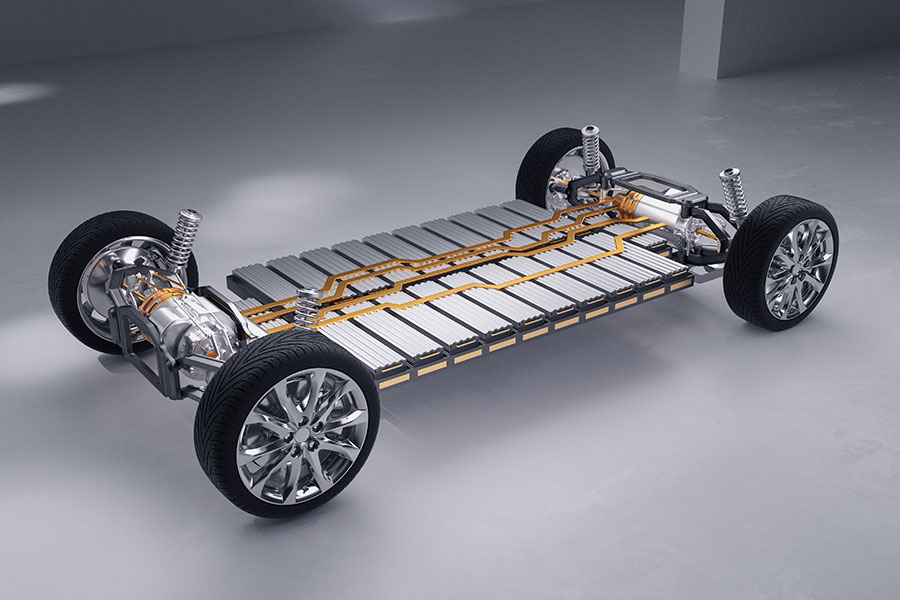
By Li Panpan
(JW Insights) Oct 27 -- German carmakers will "fight" any potential tariff war between Brussels and Beijing, according to the chief financial officer of Porsche, one of the handful of European brands that does not manufacture cars in China, reported Financial Times on October 25.

"As a strong German automotive community, we want to fight and will fight against [any new tariffs]," said Porsche's chief financial officer Lutz Meschke, on October 24. He said the EU's move was "not very helpful" for the bloc overall, but especially not for Germany, which relies heavily on exports to China.
Meschke said executives had visited the country last week to discuss strategies with dealers, explaining that a renewed focus on "pricing rather than volumes" had been well received by vendors of the luxury car.
The company's blueprint for China included associating it with the "transition to electrification" with investments in exclusive charging hubs and community centers for Porsche owners in big cities.
Chinese EV makers also expressed worries about the EU anti-subsidy probe. Nio's Europe chief Zhang Hui said, "This does not help the economy in Europe and certainly not the German auto industry. Most imported cars from China do not come from Nio but from the Chinese factory of Tesla, reported German media Handelsblatt on October 25.
China's Great Wall Motor said it had formally submitted responses to the European Commission's anti-subsidy investigation of Chinese-made electric vehicles (EVs) while calling for a fair and open trade environment, reported Reuters on October 24.
"We might as well focus on how to create competitive industrial framework conditions here. As long as we become stronger, we don't have to be afraid of competition outside Europe," Volkswagen Group CEO Oliver Blume once said, saying that China automobile manufacturer's strong market position stems from its strength. For example, BYD's industrial chain is highly vertically integrated, and 90% of its chips and batteries are produced in-house.
The German Automobile Industry Association expressed doubts about the effectiveness of anti-dumping measures. In the EU market, even if EU tariffs eliminate the competitive advantages brought by foreign subsidies and ensure the price competitiveness of European companies, the tariffs will ultimately be paid by EU consumers, who will have to pay higher prices for Chinese electric vehicles.
RELATED
-
European Commission President von der Leyen will visit China in wake of the EU’s ongoing probe into China’s subsidies on EV industries
11-20 16:59 -
Chinese auto giant Changan Automobile plans to launch eight self-developed battery cells in the future
11-20 16:26 -
Chinese electronic component company CETC mass produceds its Beidou satellite communication module for China’s major EV maker
11-20 15:55
READ MOST

No Data Yet~







